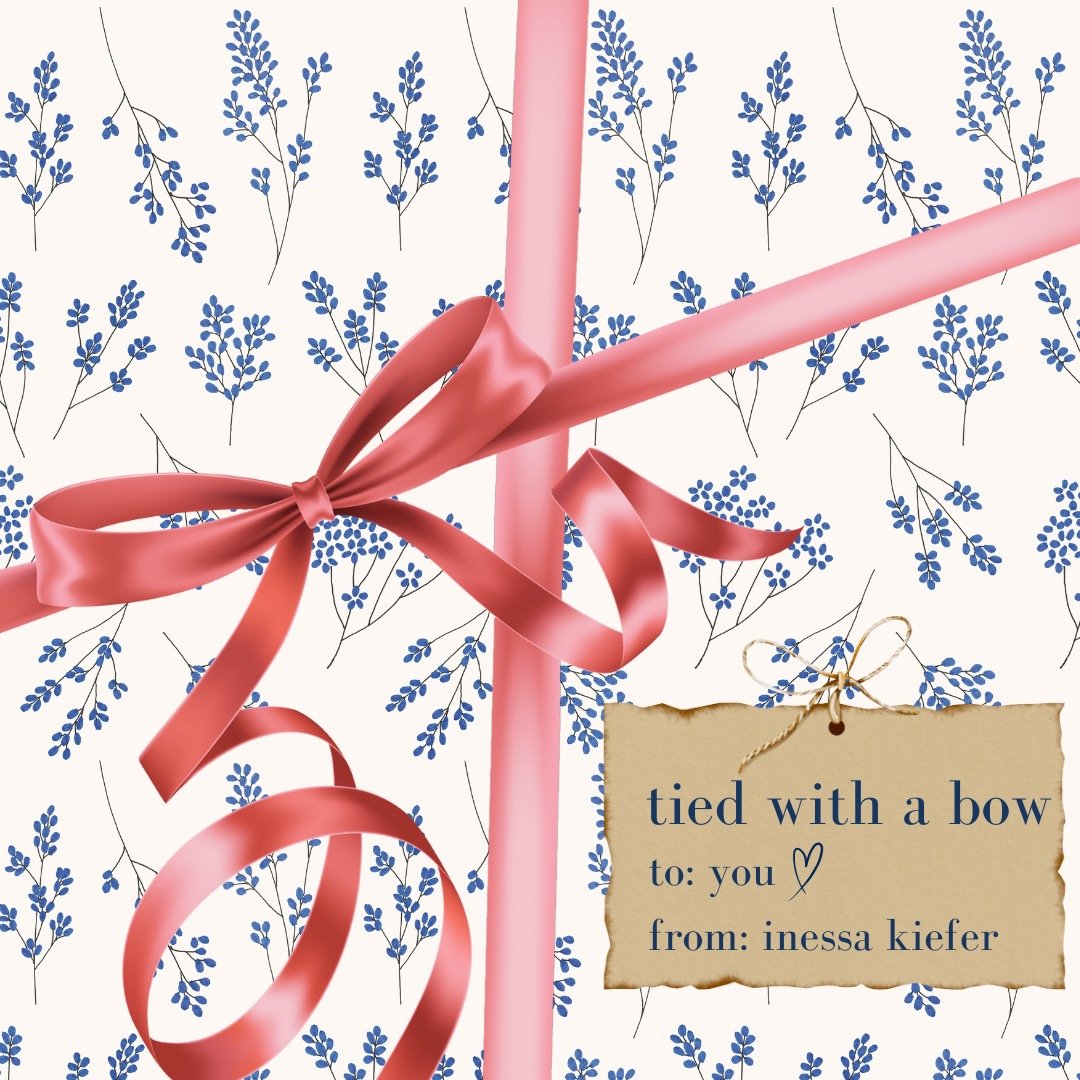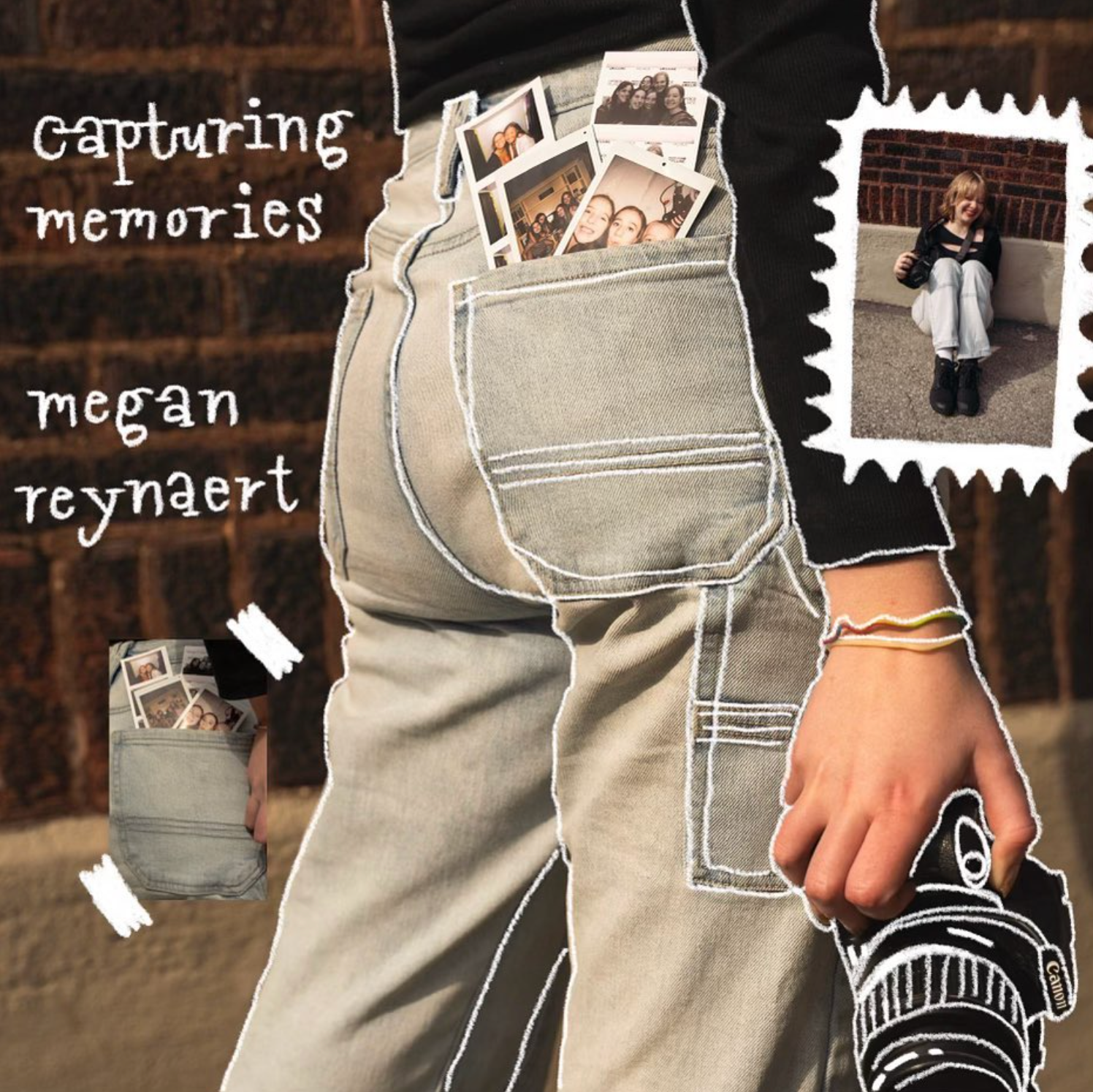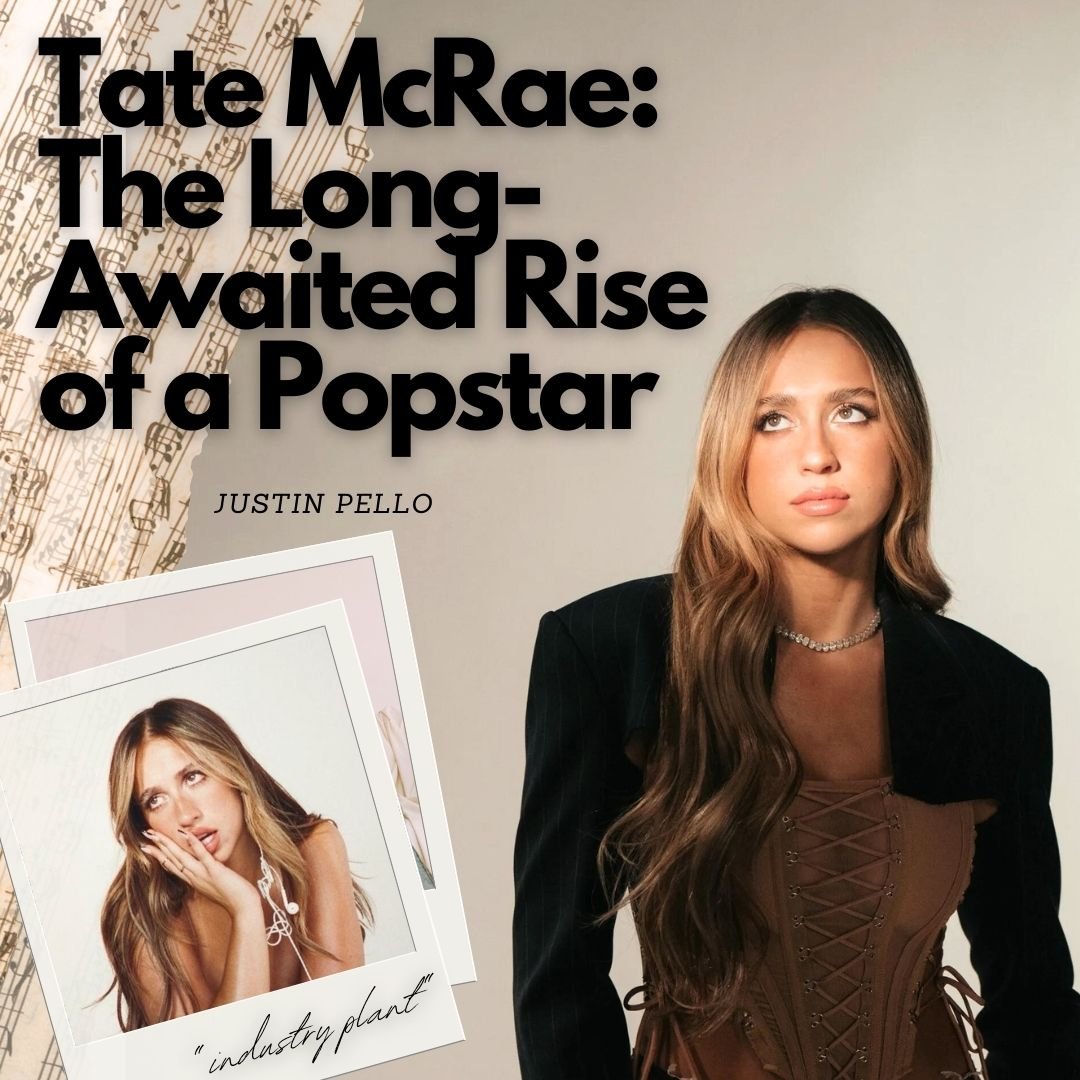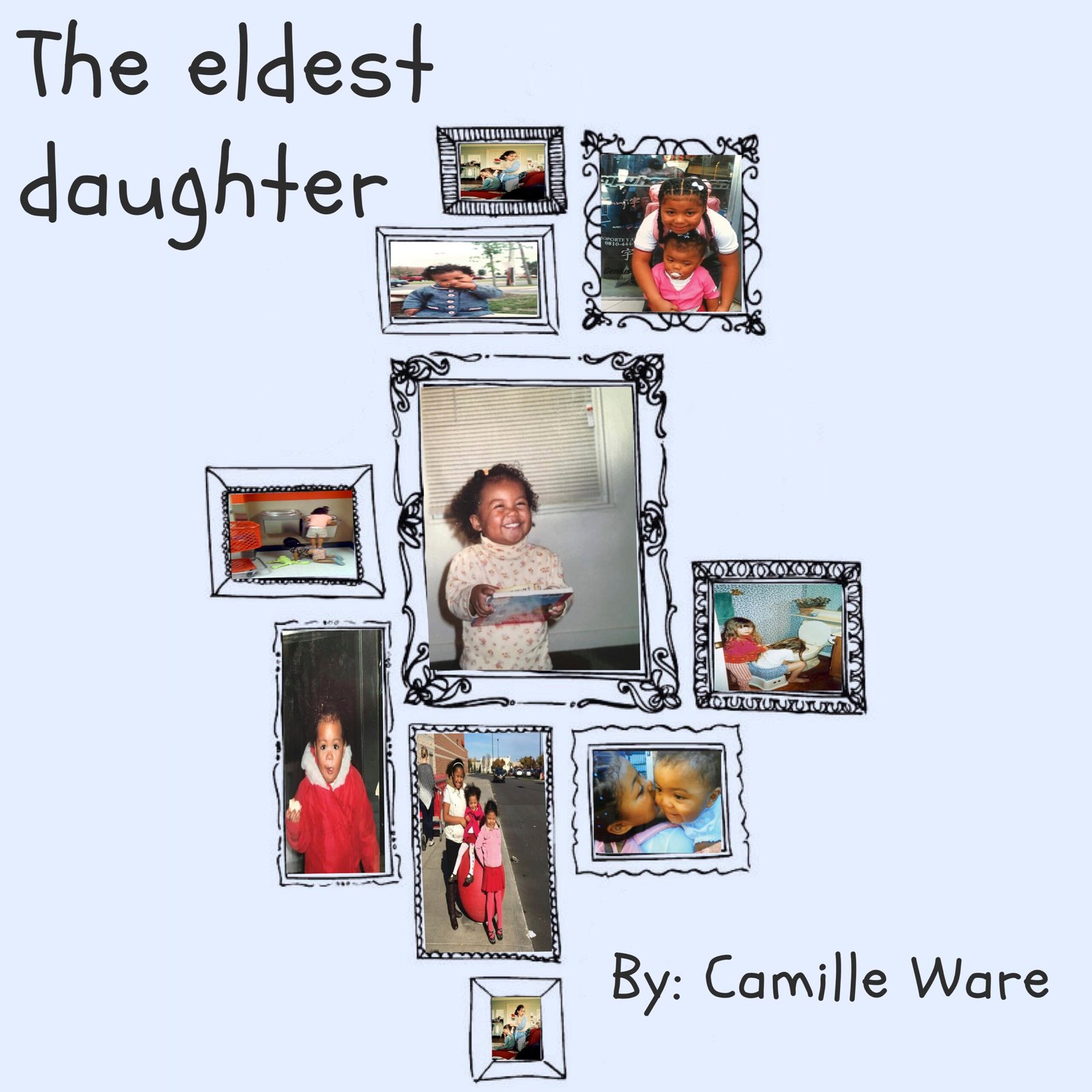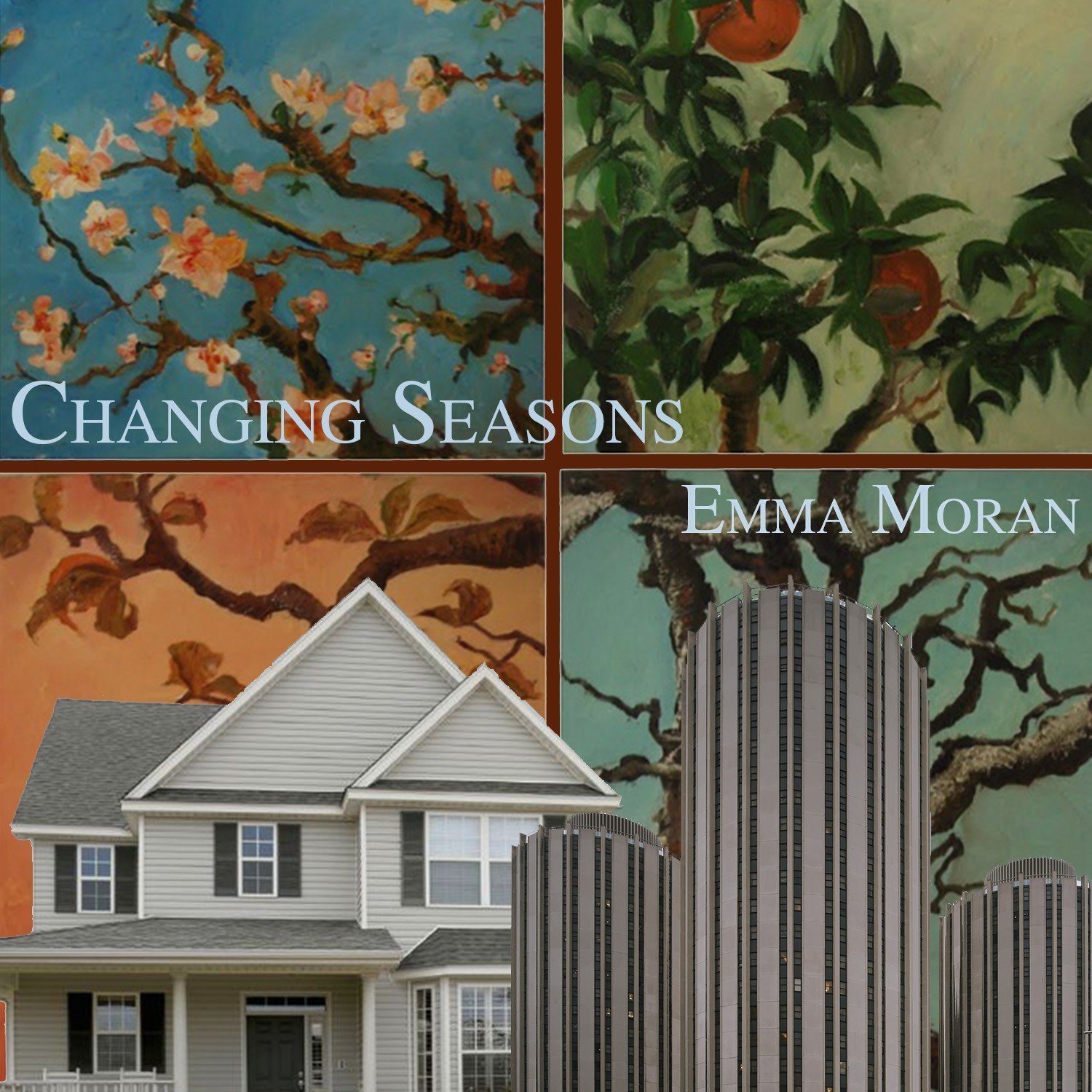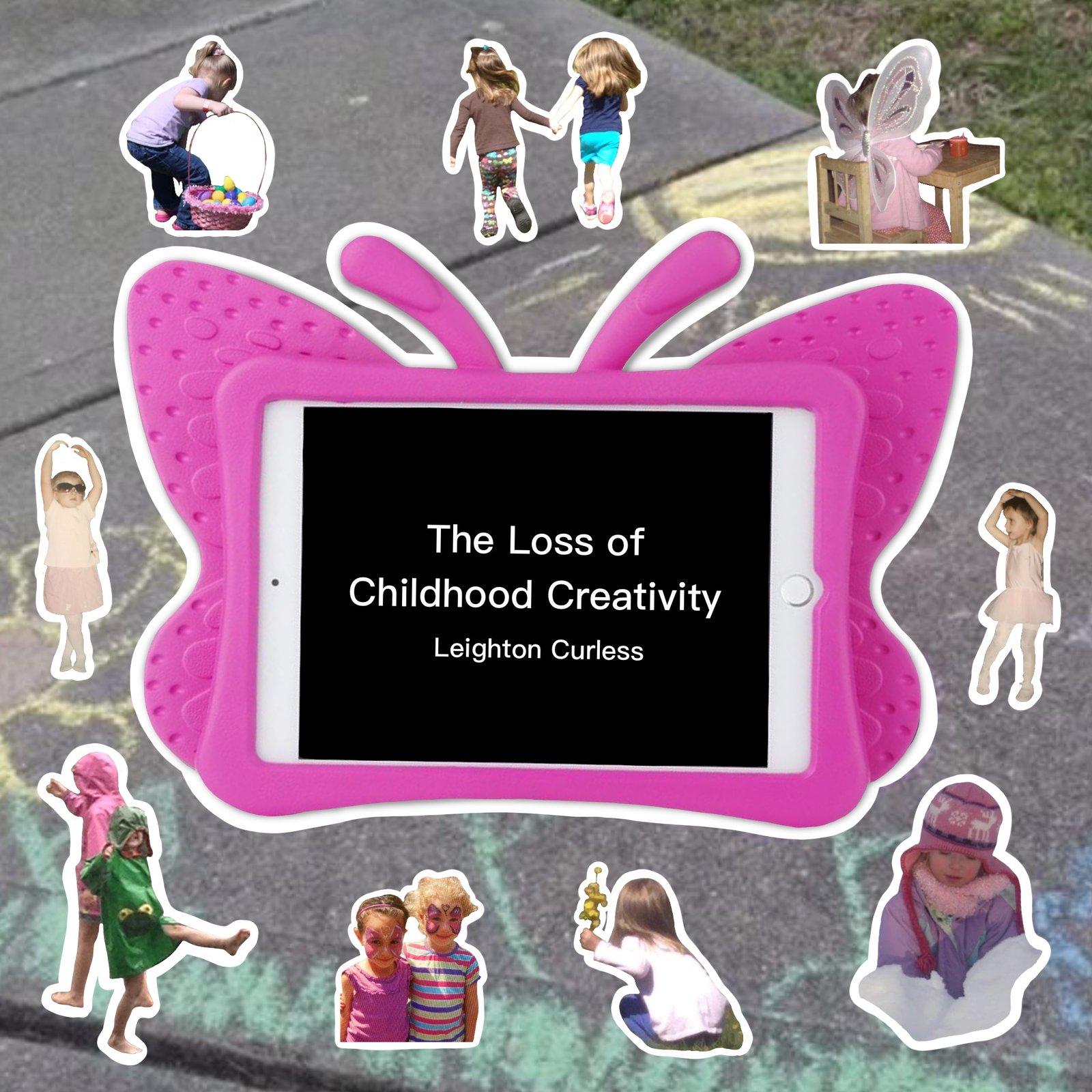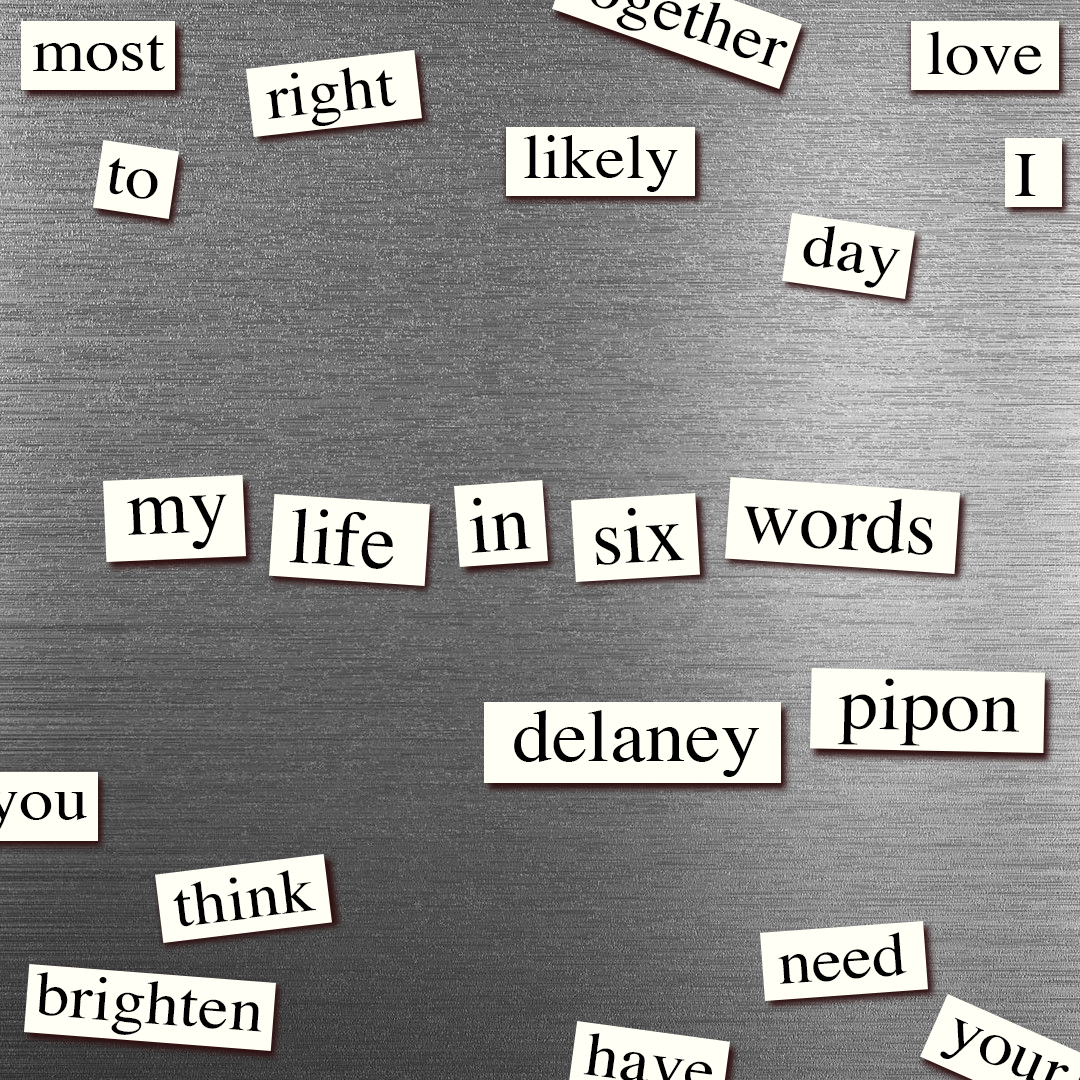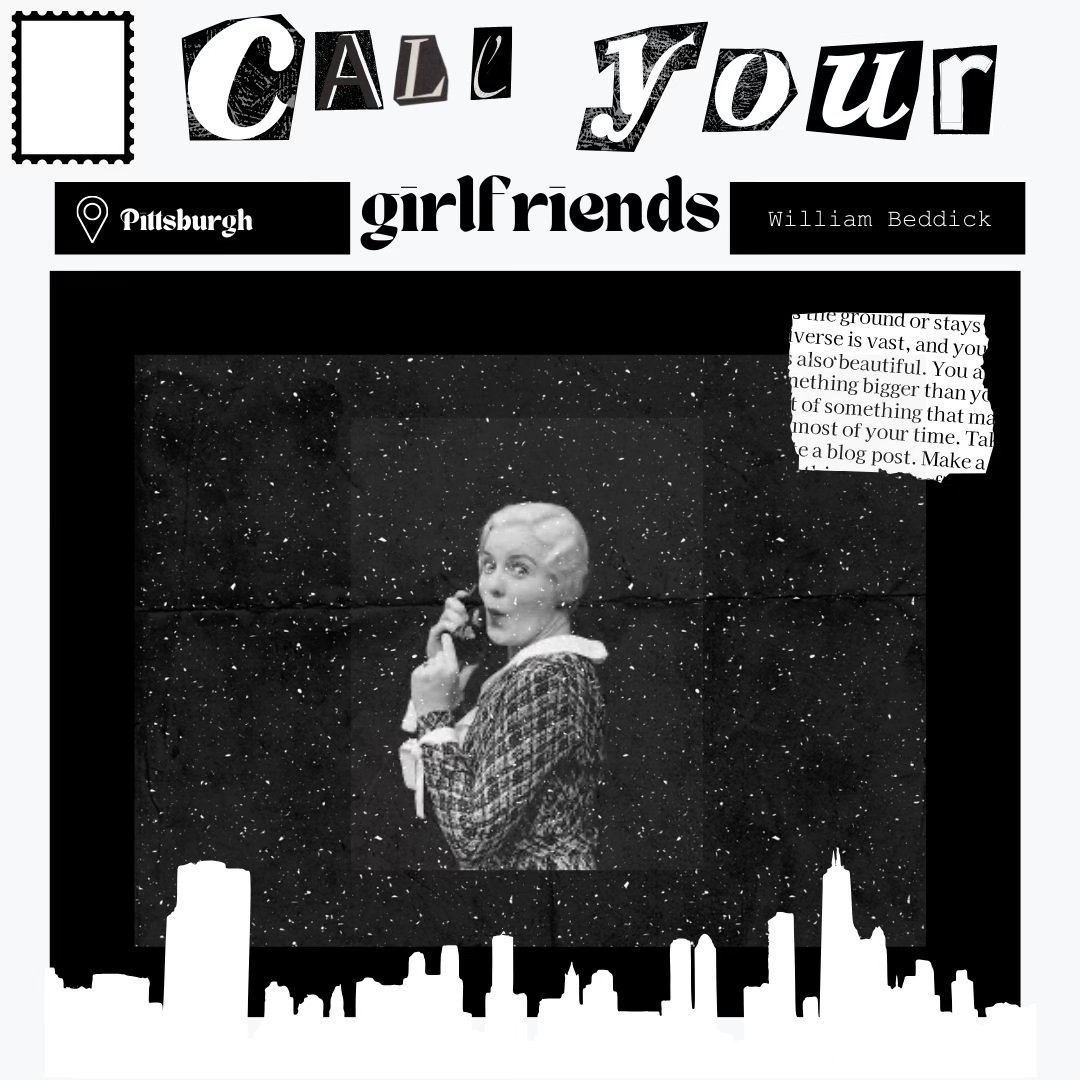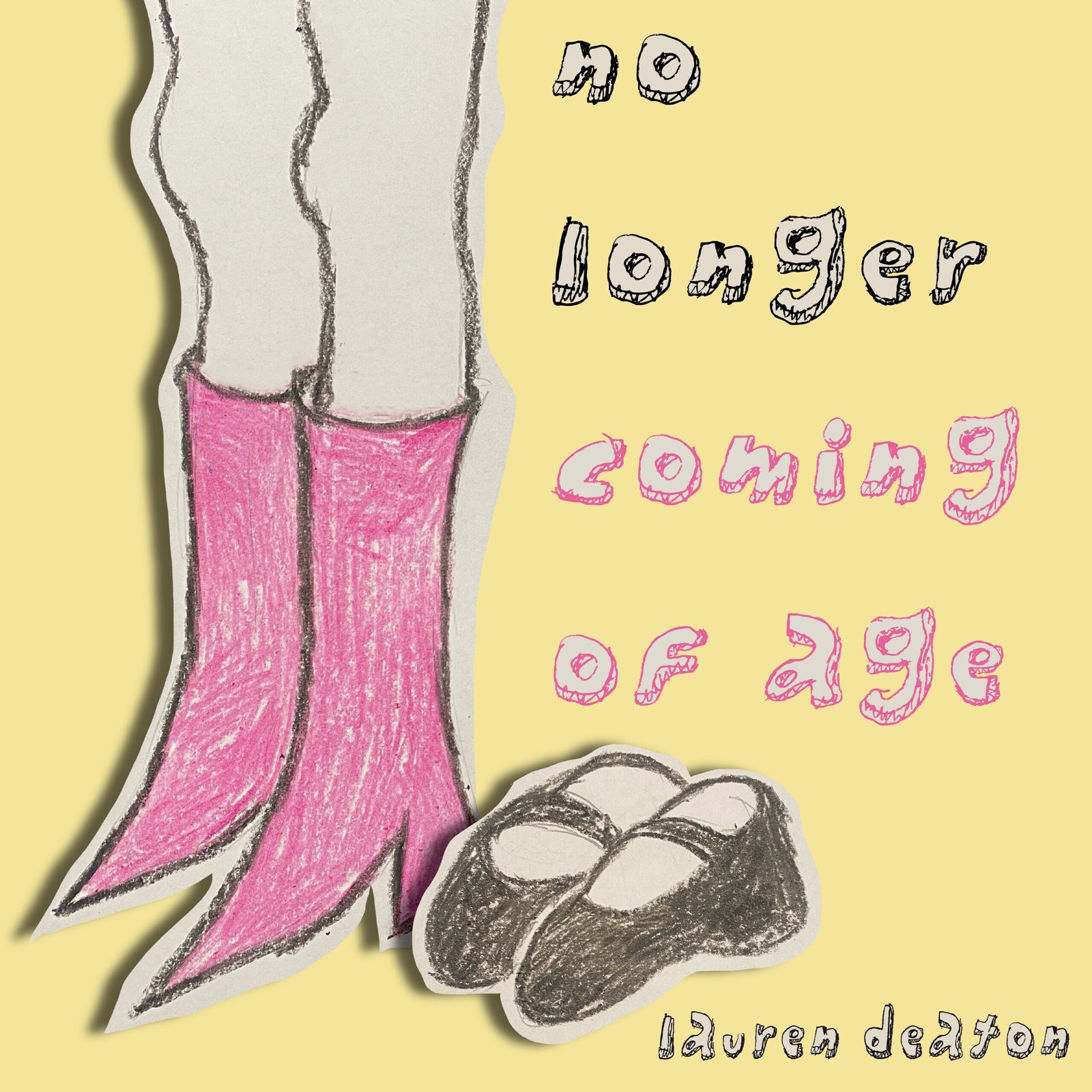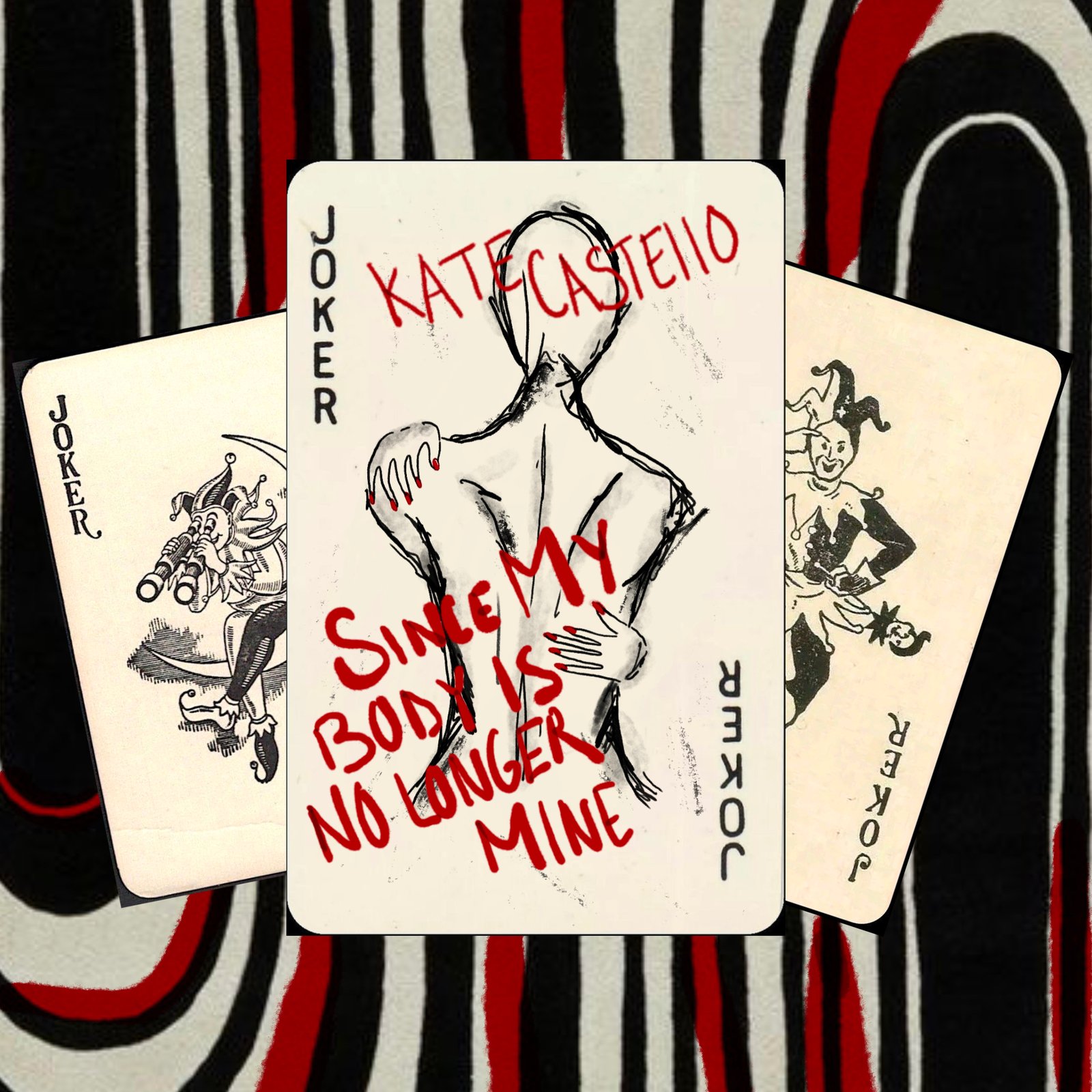i am an eight year old in a twenty year old’s body. i am also a sixteen year old in a twenty year old’s body. i am an eleven year old in a twenty year old’s body.
as a young adult, i’ve found joy in chasing the younger version of me that i thought used to exist. i thought of her as a past self, not one that still exists today. but she does, and i see her everywhere. i see her as i paint my nails pink and draw white flowers on top. i see her as i eat fruit loops at my kitchen table in my college apartment in a green bowl that has been in my family for years, but i’m not quite sure where it came from. i see her on my right arm, she is my ribbon tattoo. i’ve always been in love with the idea of people expressing themselves through their bodies. whether it was physical like piercings or tattoos, or a form of creativity such as dancing across a stage; it makes people vulnerable. their expression of themselves in a world full of judgment is refreshing because it shows that they don’t care whether you like their hair color of the week or if it makes you give them another glance or two, because it’s what they want.
in a timothy keller sort of way, to be known is to be loved. how are people supposed to fall in love with the beauty that is you if they don’t know what gets you out of bed in the morning or the exact amount of sugars and creamer you take in your coffee? to know me as my twenty year old self, you must know my eight year old self, my eleven year old self, and all of the other years that i have been on this earth because they are the reason i am here writing this right now. that is why i have this tattoo. i love when people ask me about the meaning because it means i get to introduce them to eleven year old inessa who wore a different bow in her hair every day of fifth grade, who found joy in expressing herself through a small aspect of her appearance despite the uniform placed on her by a school that is now closed. the school might have shut down, but the memory of adorning my hair in a different ribbon each day is never leaving. sure, i wore ribbons when i was eight, but that was most likely from my mother who dressed me, except for the days in which i wouldn’t leave the house unless i had a tutu on my waist. in a world of strict rules in place about what i could put on my body and how long my hair could be and what color shoes i had to wear, ribbons were my choice. it was my first time having the creative freedom to choose how to express myself, and although i couldn’t do it through clothes, i got to spend each morning choosing one of the many bows from claire’s that i had carefully curated in my collection.
although i only use one of those childhood ribbons as as my twenty year old self, i still feel like a giddy eleven year old when i put a ribbon in my hair that matches my outfit. and i find myself feeling even giddier when people recognize that about me. when they say, oh, i saw a bow today and it reminded me of you. when my mother puts on a dress and asks me to tie the bow for her. when my friends tie a ribbon and it looks off, so they ask me to redo it for them. when i receive a gift and it’s wrapped with a pretty ribbon that i get to keep and tie in my hair later. my mother did that this past christmas. as i unwrapped the gift, i mentioned the beauty of the ribbon and how i planned to keep it for later. she said, of course, that’s why i put it there. to be known is to be loved. and to be loved is to be a gift tied with a bow.
